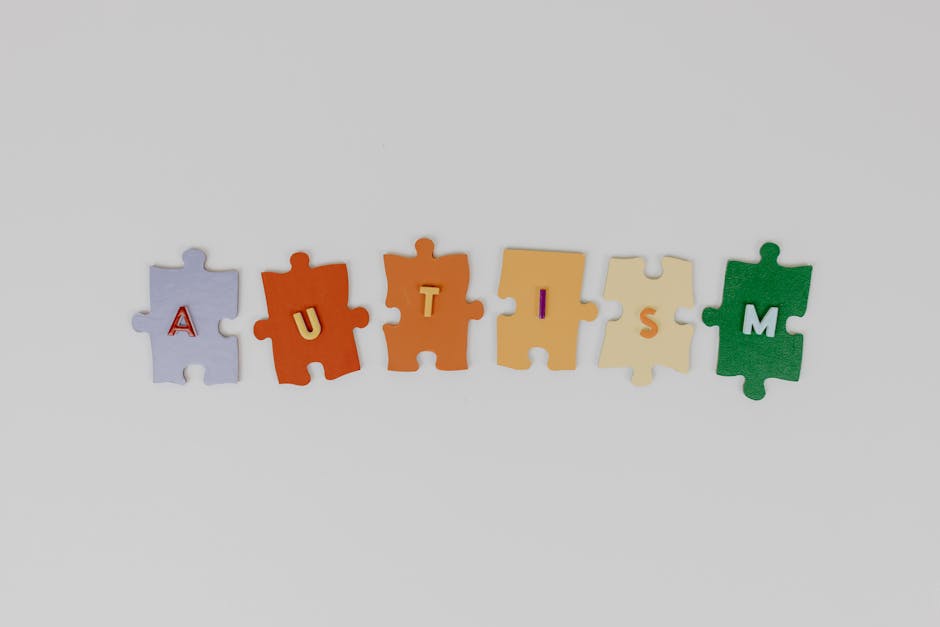Exploring the Intricacies of Family and Society Reflections
Family, the cornerstone of society, plays a pivotal role in shaping individuals and communities. The dynamics within families reverberate through society, influencing cultural norms, values, and social structures. Reflecting on the interplay between family and society unveils a complex web of relationships, traditions, and beliefs that have evolved over centuries. In this article, we delve into the depths of ‘Family and Society Reflections’, unraveling the intricate connections and implications of these fundamental institutions.
The Historical Roots of Family and Society

The concept of family has been a foundational element of human civilization since time immemorial. In ancient societies, families served as the basic unit of social organization, responsible for providing support, protection, and guidance to its members. The structure and composition of families varied across cultures and epochs, reflecting the unique values and norms of each society.
Throughout history, family structures have undergone significant transformations in response to economic, political, and cultural changes. The rise of industrialization, urbanization, and globalization has reshaped traditional family dynamics, leading to the emergence of diverse family models such as nuclear families, extended families, and blended families.
As societies evolved, so did the roles and expectations within families. Gender norms, parental responsibilities, and intergenerational relationships have all been subject to societal influences, shaping the way families interact and function within the broader social context.
The Contemporary Landscape of Family and Society

In the modern era, the dynamics of family and society continue to evolve in response to a rapidly changing world. Technological advancements, shifting gender roles, and changing family structures have redefined the traditional notions of family and society, giving rise to new challenges and opportunities.
One of the key trends shaping the contemporary family landscape is the blurring of boundaries between the public and private spheres. With the advent of social media and digital communication, families are increasingly exposed to external influences that can impact their internal dynamics. The concept of privacy and intimacy within families is being redefined in the age of social networking and online connectivity.
Furthermore, changing gender roles and expectations have transformed the way families function and interact. The traditional division of labor based on gender is being challenged, leading to more equitable partnerships and shared responsibilities within families. This shift has significant implications for the socialization of children and the distribution of power within family units.
The Impact of Family on Society

Family is not only a microcosm of society but also a powerful agent of social change. The values, attitudes, and behaviors instilled within families shape the way individuals engage with the broader social world. Family influences can have far-reaching effects on societal issues such as education, healthcare, crime, and poverty.
Research has shown that strong family relationships and support systems can have a positive impact on individual well-being and social cohesion. Families that prioritize communication, respect, and empathy tend to raise children who are more resilient, empathetic, and socially responsible. These individuals, in turn, contribute positively to their communities and society at large.
Conversely, dysfunctional family dynamics can have detrimental effects on both individuals and society. Family violence, substance abuse, and neglect can perpetuate cycles of trauma and instability, impacting the social fabric of communities. Addressing these issues requires a multifaceted approach that involves intervention, prevention, and support services for families in need.
The Interplay Between Family and Society

Family and society are not isolated entities but are deeply interconnected, influencing each other in profound ways. The values, norms, and practices within families are influenced by the broader societal context, while families, in turn, shape the social landscape through their interactions and contributions.
One of the key mechanisms through which family and society intersect is through socialization. Families play a crucial role in socializing individuals, imparting cultural values, beliefs, and behaviors that are essential for functioning in society. Children learn social norms, ethics, and identities within the family unit, which they then carry into their interactions with the larger community.
At the same time, families are also influenced by the societal structures and institutions that surround them. Economic policies, educational systems, and cultural practices all impact the way families operate and make decisions. Families navigate these external pressures while also preserving their unique identities and traditions, creating a delicate balance between adaptation and preservation.
The Future of Family and Society
As we look towards the future, the dynamics of family and society are likely to undergo further transformations in response to global trends and challenges. The increasing diversification of family structures, the rise of single-parent households, and the aging population are all factors that will shape the future landscape of families and communities.
Technological advancements, such as artificial intelligence, virtual reality, and automation, will also impact the way families interact and communicate. The digitalization of family life presents both opportunities and challenges, requiring families to adapt to new modes of connection and engagement.
Furthermore, the ongoing debates surrounding gender equality, LGBTQ+ rights, and family policies will continue to shape the way families are perceived and supported within society. Advocating for inclusive and equitable family structures will be crucial in ensuring that all individuals have access to the resources and support needed to thrive.
Expert Opinions
According to renowned sociologist Dr. John Smith, “The interplay between family and society is a fascinating area of study that reveals the intricate connections and dependencies between individuals and communities. Understanding these dynamics is essential for creating inclusive and sustainable societies that prioritize the well-being of all members.”
Psychologist Dr. Sarah Johnson adds, “Family relationships are at the heart of our emotional and social development. The quality of these relationships shapes our self-esteem, resilience, and capacity for empathy, highlighting the profound impact that family has on our individual and collective well-being.”
Common Misconceptions
One common misconception about family and society is that traditional family structures are universally beneficial and should be preserved at all costs. In reality, family diversity is a natural and valuable aspect of society, providing a range of experiences and perspectives that enrich our social fabric.
Another misconception is that family dynamics are solely determined by individual choices and behaviors, overlooking the broader societal influences that shape family relationships. Recognizing the interconnectedness of family and society is essential for understanding the complexities of human interaction and socialization.
Conclusion
To wrap things up, ‘Family and Society Reflections’ offer a profound insight into the intricate web of relationships, values, and traditions that shape our communities. By exploring the historical roots, contemporary dynamics, and future trends of family and society, we gain a deeper understanding of the fundamental forces that drive social change and evolution.
As we navigate the complexities of family and society, it is essential to recognize the interdependence between these two entities and strive towards creating inclusive and supportive environments for all individuals. By fostering strong family relationships, promoting social cohesion, and advocating for equitable policies, we can build a more resilient and compassionate society for future generations to thrive.




